Quick! Name a pollinator! Did you say bee? Would it surprise you if we told you that bees aren’t the only pollinators? We’ve put together a list of our favourite pollinators, along with the flowers they are attracted to and the way they pick up pollen.
Bees
Bees are the most important pollinator. Honeybees, for example, are responsible for pollinating over 110 crops that we eat and use every day, like tasty apples and delicious strawberries.
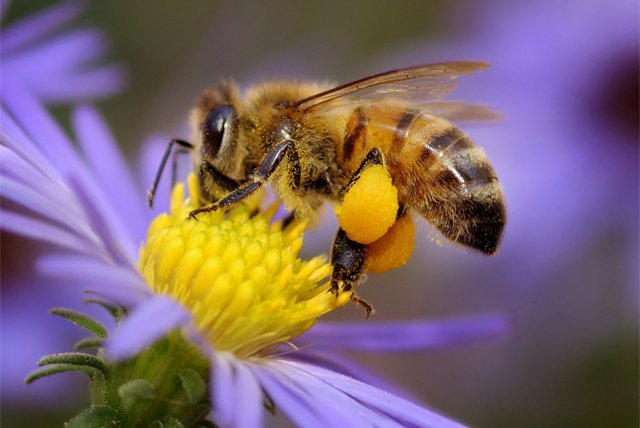
Favourite Flowers: Brightly coloured yellow and blue flowers that have places for bees to land. Bees cannot see red.
How they pick up pollen: Bees have tiny hairs on their bodies that pick up pollen when the bees go to drink nectar from a flower.
Hummingbirds
Being a hummingbird is hard work. They need to drink a lot of nectar to get enough energy to keep those tiny wings flapping.

Favourite Flowers: Red, orange, or white tube-shaped flowers that are strong enough to support a hummingbird’s weight.
How they pick up pollen: They reach their long beaks into flowers in order to get the nectar and when they are finished drinking, their faces and beaks are dusted with pollen.
Butterflies
Butterflies pollinate the same way bees do but they can’t pick up as much pollen because their bodies are tall and slender.

Favourite Flowers: Brightly coloured flowers that are flat and have a place for butterflies to land
How they pick up pollen: When they go in for a drink of nectar, pollen gets stuck on their body.
Flies
A species of fly called a midge is one of the pollinators of the cocoa tree. Yup! These flies help give us yummy chocolate!
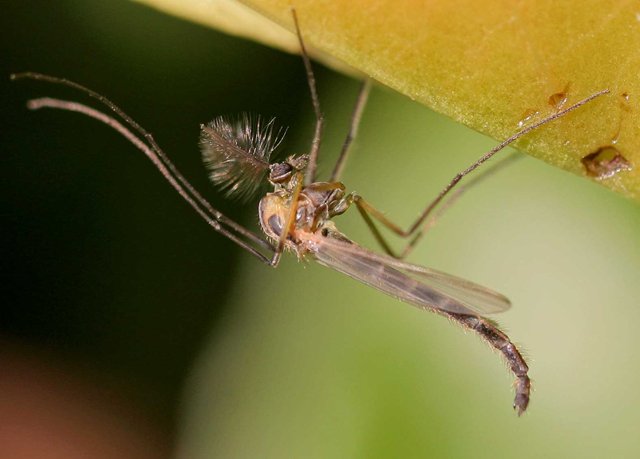
Favourite Flowers: Flowers that smell like rotting meat, carrion, dung, blood, or fungus
How they pick up pollen: Although they don’t have the hairs that make pollination so easy for bees, flies still pick up some pollen on their body when they land to drink nectar
Black-and-white ruffed lemurs
The black-and-white ruffed lemur is the largest pollinator in the world!
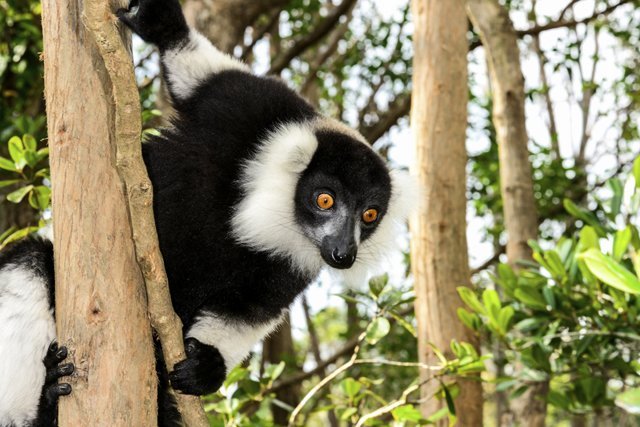
Favourite Flowers: Anything fruity! These lemurs eat up to 130 different fruit species
How they pick up pollen: they are the primary pollinator of the traveller’s tree and it isn’t easy getting to its flowers. These lemurs have to open up the flower and reach in with their long snout and tongue. While they are eating, the pollen they brush up against gets stuck on their fur.
Honey possum
A honey possum is from Australia and is about the size of a mouse. Even though they have honey in their name, they don’t actually eat it! They live off nectar.  Favourite Flowers: Banksia and eucalyptus flowers.
Favourite Flowers: Banksia and eucalyptus flowers.
How they pick up pollen: Their nose gets dusted with pollen when they drink the nectar.
Beetles
There are more types of pollinating beetles than any other pollinator species. When these insects pick out a flower, they aren’t just after the nectar; they will eat petals and other parts as well.

Favourite Flowers: White or green bowl-shaped flowers.
How they pick up pollen: they pick up pollen on their bodies as they munch on flower parts
Blue-tailed day gecko
This small lizard is found on the island of Mauritius (located off the coast of Africa). It is also a key helper in spreading around plant seeds.
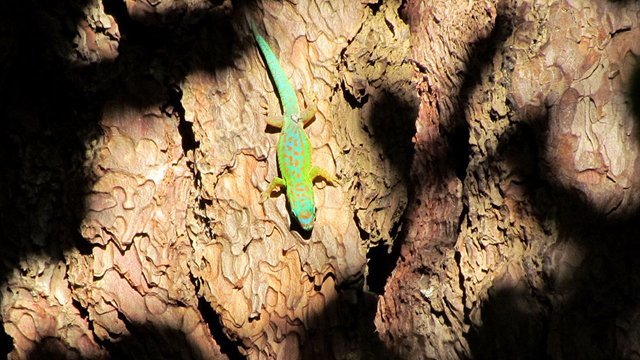
Favourite Flowers: Plants from Mauritius, like Roussea simplex, an endangered plant species.
How they pick up pollen: When they go to eat nectar inside a flower, pollen gets stuck to the scales on their forehead.
Moths
Moths pollinate flowers the same way butterflies do but unlike butterflies, they continue pollinating after the sun goes down.

Favourite Flowers: Strong-smelling flowers that are white or dull in colour and have places for moths to land.
How they pick up pollen: They pick up pollen on their wings and legs when go to drink the plant’s nectar.
Bats
Bats are important pollinators in tropical places and deserts. They are responsible for pollinating over 300 fruits, including mangoes, bananas, and guavas.
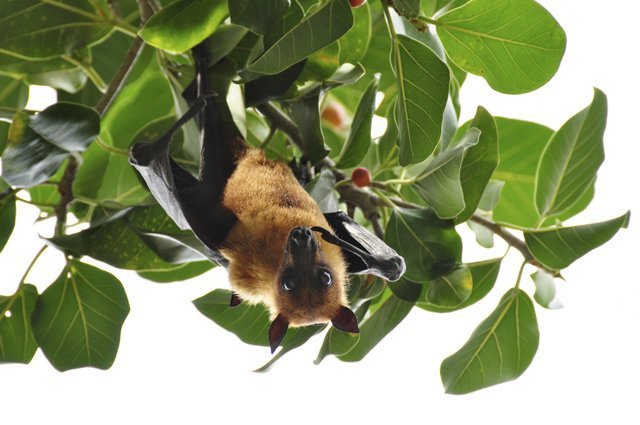
Favourite Flowers: Strong-smelling white and dull flowers that open at night
How they pick up pollen: They pick up pollen on their face as they drink nectar from a plant.


Hummingbird but bees are one of my biggest fears
BUTTERFLY I LOVE BUTTERFLYS!
Bats are my favorite ones
Cool Such Interesting facts
I had so much fun reading this
The bat!
I didn’t know a lizard is a pollinator
Good
Humming bird!
Butterfly